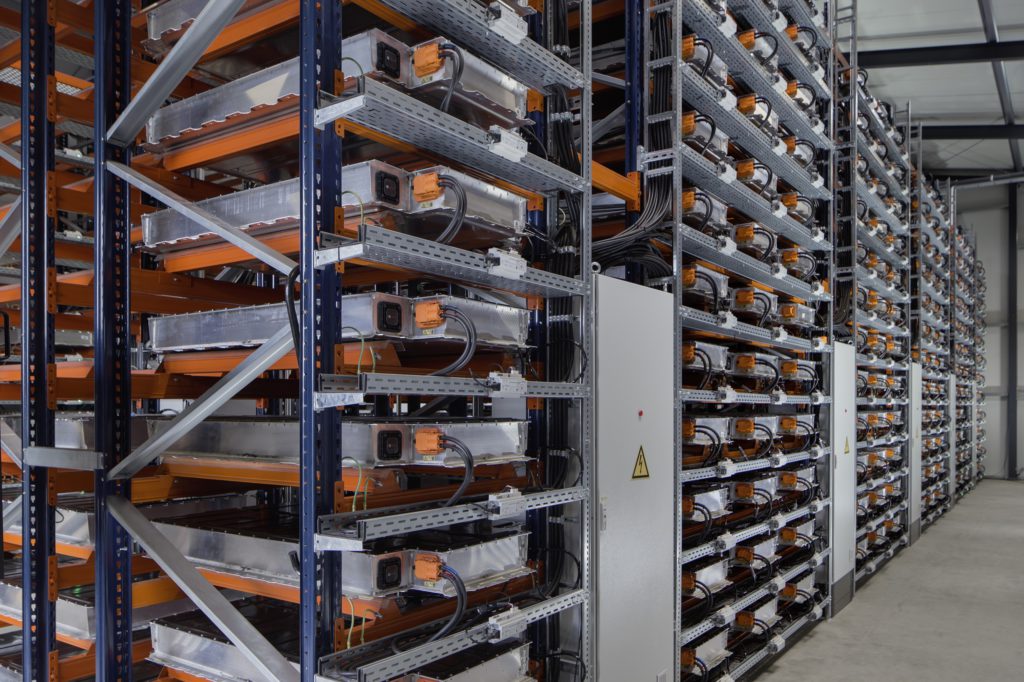BMW to bring electrification strategy forward
25 June 2019

25 June 2019
BMW has announced plans to advance its rollout of electric vehicles (EVs) in a bid to convince investors that it can catch its rivals in the race to be a market leader.
Initially, the carmaker planned to release 25 battery electric vehicle (BEV) or hybrid models by 2025. However, this is now set to take place by 2023, two years earlier than planned. While BMW was one of the first to launch a BEV, the i3, the group is regarded to have lost its momentum since that period.
′Over the past two years, we have consistently taken numerous decisions that we are now bringing to the roads. By 2021, we will have doubled our sales of electrified vehicles compared with 2019,’ said Harald KrÜger, chairman of the board of management of BMW AG. ′We will offer 25 electrified vehicles in 2023, two years earlier than originally planned. We expect to see a steep growth curve towards 2025: sales of our electrified vehicles should increase by an average of 30% every year.’
BMW’s main domestic rivals Audi and Daimler, as well as Jaguar, have rolled out long-range BEV SUVs before BMW’s planned entry into the market, the iX3, which will launch in 2020. Volkswagen Group (VW) is also releasing its new range of BEVs, with the ID.3 the first of many battery-driven vehicles, which the carmaker says will also include an SUV.
BMW is also planning to launch the i4 and the iNext in 2021, while its electric Mini will go on sale later this year. The ramp-up comes as BMW battles to keep its existing business on track. Profits in the first quarter fell by 78% after it set aside €1.4 billion over a possible collusion fine. It expects margins this year to be weak because of ′challenging and volatile’ conditions sweeping the industry.
Emissions push
While the move to bring its electrification strategy forward by two years is primarily aimed at showing the carmaker is not slowing down on its early advantage in the market, the move means BMW will have longer to benefit from perceived increased sales of low and zero-emission technology.
Last year, the EU agreed to reduce average CO2 emission targets by 20% in 2025, and 37.5% in 2030, based on 2021 levels. With the decline in diesel sales currently pushing fleet averages up, it is unlikely that many carmakers will meet the 2021 target. Bringing its plans for BEVs and hybrids forward by two years will give BMW a fighting chance of meeting the 2025 target.
The move is similar to one announced by VW last year. In December, the German manufacturer suggested it would need to step up its EV program still further to meet the new stricter CO2 targets. CEO Herbert Diess suggested that to meet the new targets, EVs would have to achieve a 40% share of the manufacturer’s sales.
PHEV benefits
Alongside the announcement of the revised EV timetable, BMW has also announced the establishment of its eDrive Zones function, which will be standard in BMW plug-in hybrids (PHEVs) from 2020. In cities that establish ′green zones’ solely for emission-free driving, geo-fencing technology will be able to recognise these automatically. When the vehicle enters one of these zones, it will automatically switch to pure electric driving mode.
′This new type of operating strategy significantly boosts the potential of plug-in hybrid vehicles to reduce emissions. Increasing the use of electric driving not only optimises efficiency but also helps reduce operating costs for customers, especially in city traffic,’ the company said in its statement.